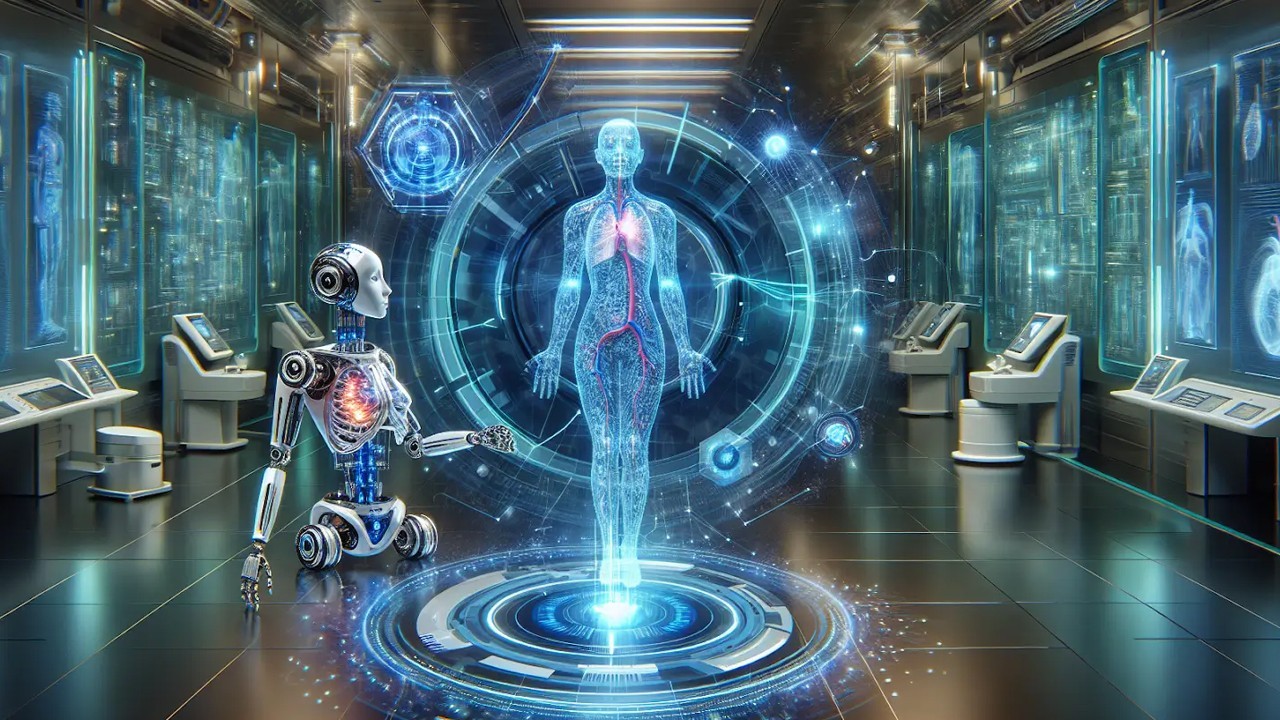Microsoft unveils AI system that outperforms doctors in diagnosing complex health issues

Web Desk
|
30 Jun 2025
In a breakthrough in medical artificial intelligence, Microsoft has unveiled a system that outperforms human doctors in diagnosing complex health cases.
Developed by its AI unit led by Mustafa Suleyman, the system mimics a panel of expert physicians and has been described as a step toward “medical superintelligence.”
In partnership with OpenAI’s advanced o3 model, Microsoft’s AI was tested on over 300 challenging case studies from the New England Journal of Medicine. It successfully solved more than 80% of the cases, compared to a mere 20% accuracy rate among practicing doctors working without support tools.
The system, known as a “diagnostic orchestrator,” guides existing AI models to ask follow-up questions, request appropriate tests, and arrive at a diagnosis, mirroring a clinician’s step-by-step reasoning. For instance, it may recommend a chest X-ray and blood work before concluding a patient with cough and fever has pneumonia.
While Microsoft emphasized the AI’s cost-efficiency and diagnostic depth, it clarified that the tool is not intended to replace doctors. “Physicians do much more than diagnose,” the company noted, stressing the human need to manage ambiguity and build patient trust—capabilities beyond the scope of current AI.
Despite the cautious tone, Microsoft’s use of terms like “medical superintelligence” hints at the transformative potential of the technology. Unlike traditional AI that excels at memorizing answers, the new system emphasizes deep clinical reasoning and decision-making.
Microsoft acknowledged its tool isn’t ready for clinical use yet, and further trials are needed, especially in handling common symptoms. Still, the company believes the technology could one day help patients manage routine care and provide doctors with powerful support for more complex cases—reshaping how healthcare is delivered.












Comments
0 comment